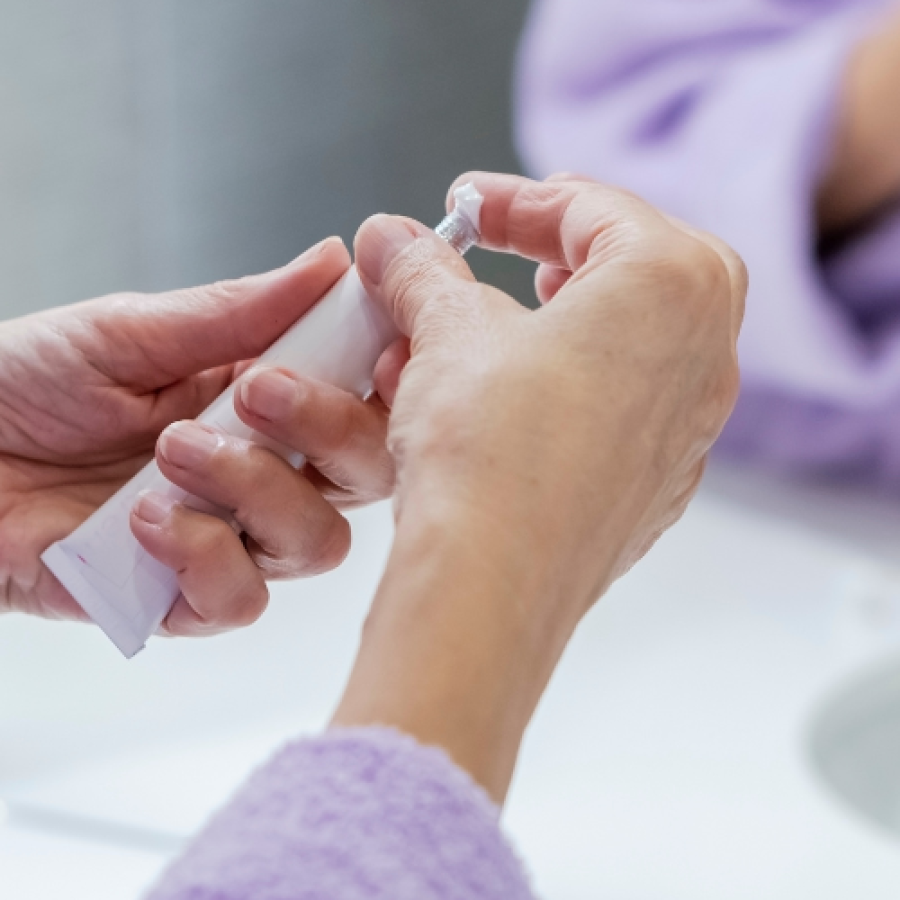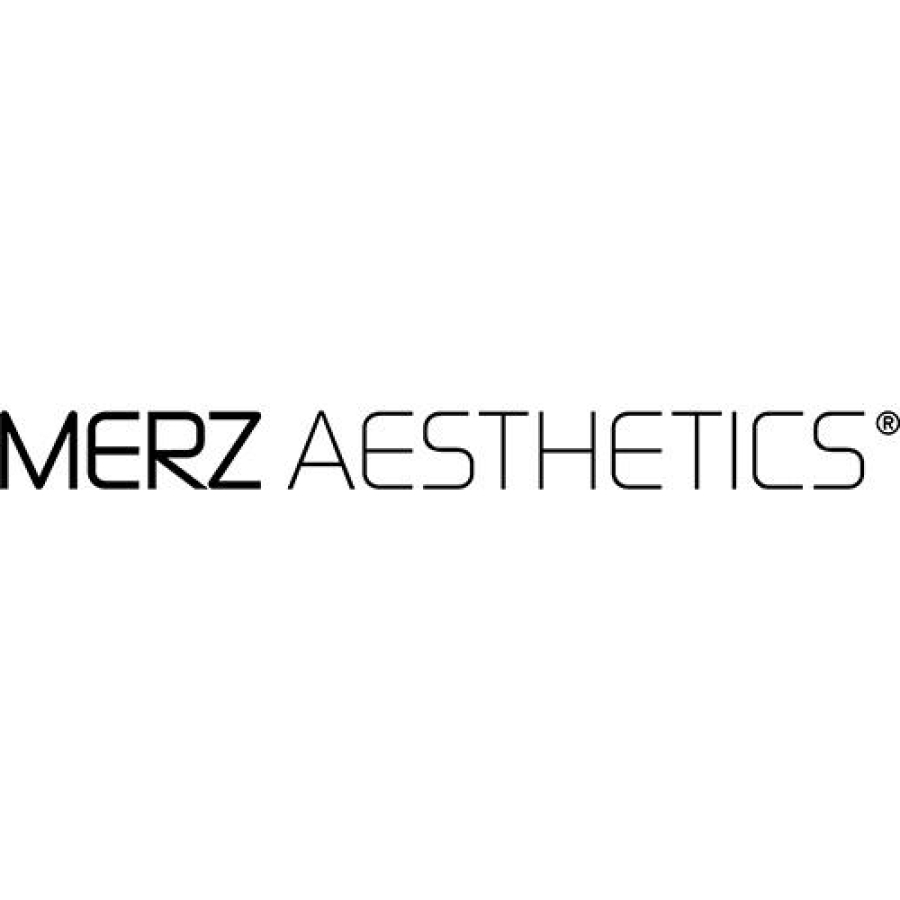
Clinical
How to Talk to Your Patients About BHRT
By Belmar Pharma SolutionsYour bustling, successful practice is full of women who really care about their appearance, and they trust ...

Show your committment to patient safety, legal compliance and community over competition.
AmSpa members receive preferred pricing on all AmSpa live and virtual trainings.
Get the latest news and information about safe, legal practice in medical aesthetics directly in your inbox.
Get access to med spa laws, in-person and online training and more!
Posted By Kate Harper, Thursday, November 8, 2018
By Alex R. Thiersch, CEO of the American Med Spa Association (AmSpa)
The most effective and marketable services offered by a medical spa will almost always be the treatments provided, running the gamut from microneedling, to laser skin resurfacing, to anti-aging treatments, such as Botox. Although these procedures draw patients in, offering skin care products can put your patients on the path to the best long-term results.
It should be no surprise that medical spa treatments designed to revitalize the skin can benefit from proper after-care.

"You're doing your practice an injustice if you're not sending the clients home with a product that's going augment the results of the treatments they just came in for," said Candace Noonan of Environ Skin Care.
After laser skin resurfacing, for example, doctors on RealSelf.com universally recommend emollients for the days immediately following treatment, with some also suggesting home-care treatments containing retinoids to aid in skin healing. After microneedling, RealSelf.com doctors recommend topicals that include a growth factor for improved results and faster healing.
Do your research and ask your skin care sales representatives what home care products will work best with your menu of services.
Medical spa-based skin care is not limited to after-care. For patients concerned with procedures relating to skin health and/or anti-aging, medical-grade skin care products can be a treatment on their own. Although moisturizers and other skin products are widely available from drug stores and retail boutiques, these products are often very different than what medical spas are able to offer.

According to the FDA, with retail products, patients should be able to select and safely use the product using only the information available on the label. This means that off-the-shelf products need to be safe enough for a customer to self-diagnose and administer without the advice of a trained professional. As a result—although retail products may say they include similar ingredients the concentration of active ingredients—the ingredient concentration is often far lower, in order to ensure it can serve the widest population of people.
"Generally, brands that are sold in drugstores and department stores contain lower amounts of active ingredients so they're irritation-free for a broad consumer base," said Lucy Papa, executive vice-president of Canderm Pharma Inc., which sells both medical-grade and retail-grade skin care products.
Since a medical spa will select products specifically based on a patient's unique needs and train the patient on proper use, these products will contain a higher concentration of active ingredients with clinically tested formulations that can deliver faster and better results.
"We have to look at things like bioavailability, how is it delivered to the skin, is the skin even able to absorb these ingredients," said Noonan. "When choosing a skin care line ... you have to be able to back it up with science as far as what's actually going to work."

The onus is on medical spa professionals to educate patients on the benefits of medical-grade skin care, not only with respect to supplementing procedures, but also as a treatment in itself. Selling skin care in your medical spa will not only lead to better results for your patients, but also for your business, as well.
Related Tags
Medical spa news, blogs and updates sent directly to your inbox.

Clinical
By Belmar Pharma SolutionsYour bustling, successful practice is full of women who really care about their appearance, and they trust ...

Clinical
Win Free Exosomes → Simply Register for the Free Exosome Masterclass By MedResultsIn today’s rapidly evolving aesthetic landscape, one ...

Clinical
With Molly Muecke, RN, MSN, NP-CMicroneedling is a popular aesthetic treatment offered in 79% of med spas (2024 Medical Spa ...

Clinical
On November 5, 2025, Merz Aesthetics announced that Ultherapy PRIME® gained U.S. Food and Drug Administration (FDA) clearance to improve ...